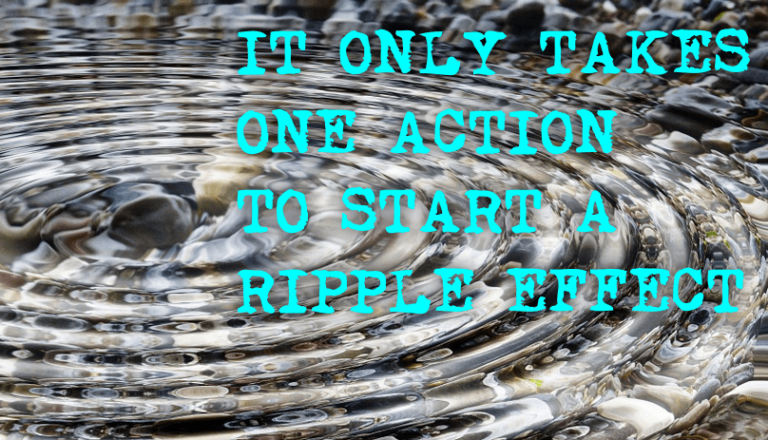The Power of One Question
I recently spoke with someone whose brother had struggled for years to get sober, failing over and over again. After sharing my own journey, he asked me a simple question: “What’s your secret?” I paused momentarily before answering, “The biggest difference in my recovery was my willingness to change my story.”
When you change your story, you change your life. And today, I’m going to walk you through exactly how I changed my story—and how you can, too.
Why Your Story Matters
The stories we tell ourselves shape our reality. Whether it’s the narrative that we’re not worthy of love, destined to fail, or can’t have fun sober—these stories dictate our actions and our future. The good news? You have the power to rewrite your story. In this article, I’ll share how changing my narrative helped me break free from addiction and how you can take steps to create a new story for yourself, one filled with happiness, fulfillment, and sobriety.
- Recognizing the Stories We Tell Ourselves The first step to changing your story is understanding the one you’re telling yourself right now. These stories often come from our past—mistakes, judgments from others, or experiences that shaped our beliefs about who we are. Maybe you’ve been telling yourself that you’re unworthy, that you’ll never stay sober, or that life is miserable without alcohol. Every time you repeat that narrative, it becomes more deeply ingrained, shaping your actions and outcomes. But every story has multiple perspectives. Imagine seeing your life through a different lens. What if the challenges you’ve faced aren’t signs of weakness but evidence of your resilience? What if your past mistakes don’t define you, but your commitment to change does? Changing your perspective can shift your entire story—and your future.
- The Resistance to Change Changing your story isn’t easy. We cling to our old narratives because they’re familiar, even when they’re harmful. Sometimes, we think we’re getting something useful from them, like validation or sympathy. One of the most challenging stories to let go of was my victim mentality. I blamed my struggles on my past—growing up with a father in prison—and for years, I used that as an excuse for my drinking. It was comfortable, and it gave me a way to explain away my actions. But once I realized that clinging to that story was holding me back, I had to face a harsh truth: if I stopped blaming others, I had to take full responsibility for my life. It was one of the toughest but most transformative realizations I’ve ever had.
- Shifting Perspectives: Seeing the Story Differently One of the most powerful ways to change your story is by seeing it from a new perspective. In the movie Field of Dreams, the main character, Ray, builds a baseball field on his farm despite everyone—including his brother-in-law—thinking he’s crazy. But when a moment of crisis reveals a truth his brother-in-law hadn’t seen before, his perspective shifts instantly. Suddenly, he understands Ray’s vision. Your story can change in an instant, too. Think about your narrative: is there another perspective you haven’t considered? Are you focusing only on the negatives, missing the opportunities for growth or redemption? For example, if your story is that you’ve failed as a parent because of your drinking, try reframing it: you love your children enough to get sober and become the parent they deserve. That’s the new story you can create.
- Challenging the Old Narratives Many of our stories come from deep-seated beliefs we’ve held for years. Maybe someone in your life told you that you weren’t good enough, and you’ve carried that belief ever since. Or maybe you’ve been telling yourself, “That’s just the way I am,” to avoid the discomfort of change. To rewrite your story, start by journaling your thoughts. What are the recurring themes? Ask yourself, “Is this story true? Is it helpful? Is it kind?” Recognize that just because a story feels familiar doesn’t mean it’s serving you. It’s time to challenge and replace those beliefs with ones that empower you.
- The Power of a New Story Once you’ve started recognizing and challenging the old narratives, it’s time to write a new story. This doesn’t mean ignoring the past—it means choosing a new way to interpret it. For parents struggling with guilt over their past actions, the new story might be, “I’m becoming the parent my children deserve.” For someone battling self-worth issues, it might be, “I am worthy of love and happiness.” The best part? When you change your story, you not only transform your life, but you can also change the lives of those around you. Your new story has the power to inspire others, showing them that change is possible.
The Power to Rewrite Your Life
The stories we tell ourselves hold immense power. If you’ve been living under the weight of negative, limiting narratives, it’s time to challenge them. By shifting your perspective, challenging old beliefs, and writing a new story, you can change your life. This isn’t an overnight process—it requires practice, self-reflection, and perseverance—but the transformation is worth it. You don’t have to be stuck in your old story. You can become the hero of your journey.
Learn More on This Week’s Podcast
Are you ready to start rewriting your story? Tune in to this week’s episode of the Sober and Happy Podcast, where I dive deeper into how changing my story transformed my recovery journey. I’ll walk you through the steps to identify the narratives holding you back, how to challenge those stories, and how to create a new, empowering version of your life. Listen now, and take the first step toward becoming the person you’re meant to be.














